Project advances vaccine’s commercial development and uptake in Vietnam’s aquaculture sector to combat antimicrobial resistance
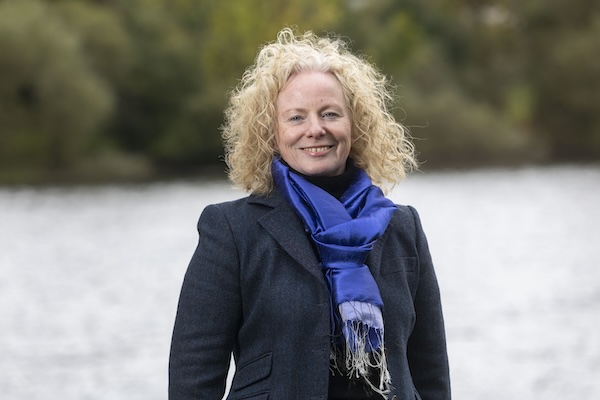
Scientists at the University of Stirling have been awarded more than £770,000 (U.S. $1 million) to support the rollout of a new vaccine that could benefit the aquaculture industry.
Led by the University’s Institute of Aquaculture, this new project builds on a previous study that developed a vaccine to fight antimicrobial resistance (AMR) in Vietnamese catfish and identified challenges farmers face in using vaccines.
The multi-disciplinary team, which includes psychologists and behavioral economists, will use the funding to support the vaccine’s commercial development and encourage its use among aquaculture farmers in Vietnam. The goal is to reduce harmful antibiotic use that contributes to the rapid rise of antimicrobial resistance in freshwater farming systems.
“Vaccine hesitancy in the Vietnamese Pangasius catfish sector remains high and combined with poor antibiotic stewardship, the sector has reached an AMR crisis,” said Professor Margaret Crumlish from the Institute of Aquaculture and the project lead. “The novelty of this project is not only the new immersion-based vaccine, but the integration of behavioral sciences to directly address vaccine hesitancy and promote vaccination strategies to reduce the threat of AMR.”
Professor Margaret Crumlish of the Institute of Aquaculture is leading the new project, funded by £774,239 (U.S. $1 million) from Canada’s International Development Research Centre and the UK Department of Health and Social Care under the Innovative Veterinary Solutions for Antimicrobial Resistance (InnoVet-AMR) initiative. The project is a collaboration with Dr. Le Hong Phuoc and his team from the Research Institute of Aquaculture Number 2 (RIA 2) in Ho Chi Minh City, Vietnam.
Vietnam is one of the world’s largest aquaculture producers and has been the global leader in the farmed freshwater catfish (Pangasius) sector for the past 25 years, with its products sold in over 160 countries. However, catfish are prone to bacterial infections, leading to the widespread use of antibiotics.
Study finds ‘great potential’ in alternatives to antibiotic use in aquaculture
Research has shown that about 80 percent of farmers lack effective therapeutic options and instead rely on a mix of antibiotics. This has resulted in an antimicrobial resistance (AMR) crisis in the Vietnamese catfish sector, impacting the health of animals, humans, and the environment in freshwater systems. While a commercial vaccine against bacterial diseases in catfish has been available since 2013, many farmers in Vietnam remain hesitant to adopt this product.
The first stage of the study, launched in 2019 and lasting 4.5 years, focused on developing improved vaccines for two major bacterial diseases (Edwardsiella ictaluri and Aeromonas hydrophila) that significantly affect the aquaculture sector in Vietnam. The team successfully created an immersion vaccine, which protects fish by submerging them briefly before returning them to their ponds, achieving 70 percent protection against both diseases.
To tackle vaccine hesitancy, the researchers used psychology and behavioral economics insights to identify barriers preventing farmers from vaccinating their fish. They discovered several reasons for reluctance, including a lack of trust in the vaccine, concerns about future use, inconvenience and logistics costs associated with vaccination teams and equipment.
The next phase will focus on advancing the vaccine through production and implementing strategies to encourage farmers to shift from antibiotics to vaccination. Additionally, the team will investigate whether attitudes toward vaccines have changed since the COVID-19 pandemic, potentially reducing hesitancy among fish farmers. This stage runs until October 2026.
Now that you've reached the end of the article ...
… please consider supporting GSA’s mission to advance responsible seafood practices through education, advocacy and third-party assurances. The Advocate aims to document the evolution of responsible seafood practices and share the expansive knowledge of our vast network of contributors.
By becoming a Global Seafood Alliance member, you’re ensuring that all of the pre-competitive work we do through member benefits, resources and events can continue. Individual membership costs just $50 a year.
Not a GSA member? Join us.
Author
Tagged With
Related Posts
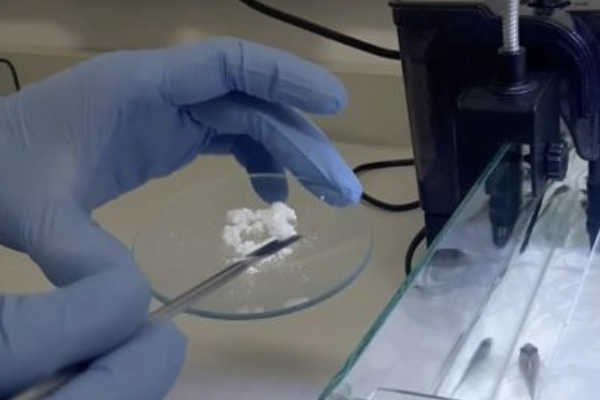
Health & Welfare
Novel biomaterial may help combat antimicrobial resistance in fish
A novel biomaterial that delivers medication directly to the fish gut helps combat antimicrobial resistance and avoids drug waste in water.
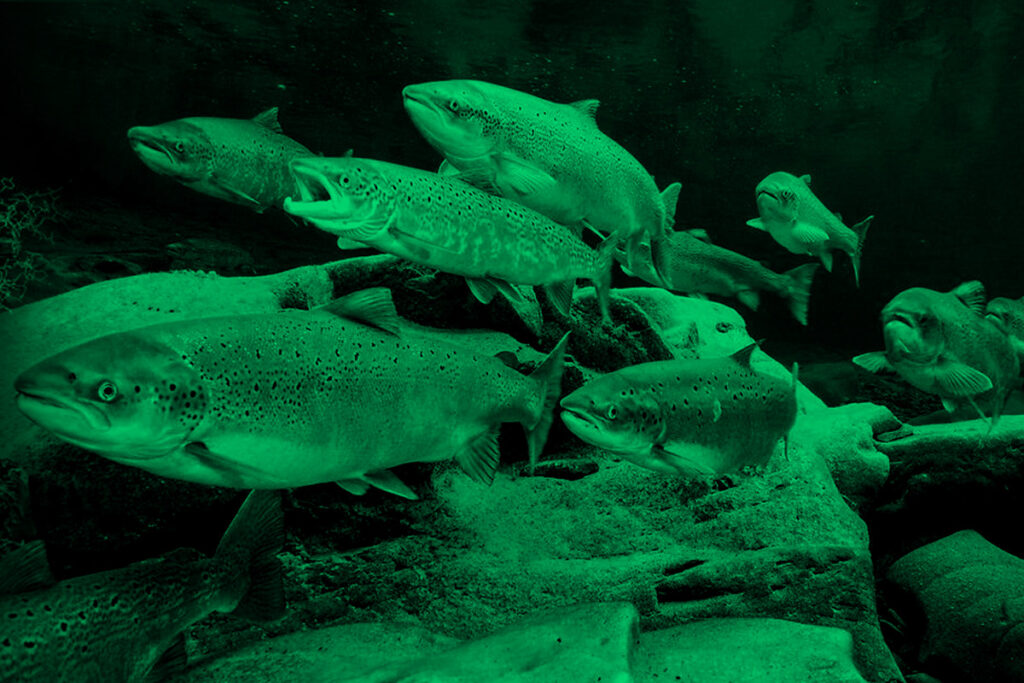
Innovation & Investment
Responsible Seafood Innovation Award finalist AQUIT is pressing for disease management in aquaculture without antibiotics
A feed supplement protein produced by AQUIT in Chile helps farmed salmon ward off disease while improving their overall health and growth.
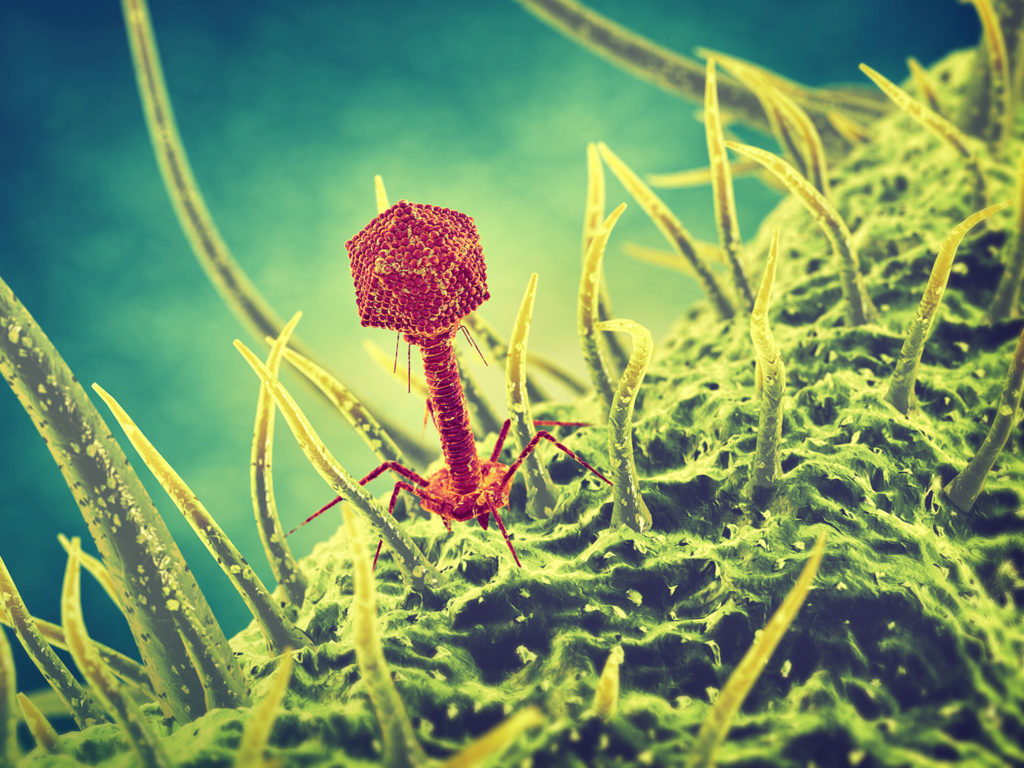
Health & Welfare
Biotech-feed giant partnership to explore bacteriophage potential
Fish health and welfare in aquaculture could soon be assisted by the most abundant organism on the planet, if a new partnership nets its intended result.
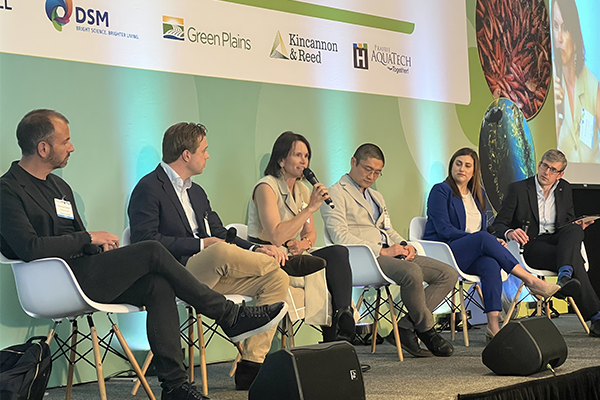
Innovation & Investment
‘We have 15 years to fix this planet’: Blue Food Innovation Summit explores potential of restorative aquaculture – and the challenges to scaling
At the Blue Food Innovation Summit, discussions centered on restorative aquaculture’s potential and financing the ocean’s capabilities.



